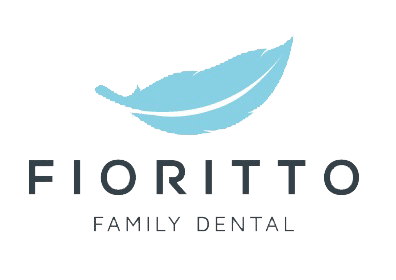The keto diet is one of today’s trendiest diets, but do you know impacts of keto diet and oral health? Many people find that this low-carb, high-fat plan permits them to eat more of what they enjoy. Lower carbohydrate consumption produces a state of ketosis, and rather than burning glucose for energy, the body burns fat instead. This in turn can yield weight loss.
Whether you’re considering the diet, or you’re currently learning about “keto breath” firsthand, patients are questioning whether this diet is harming their oral health. Generally, keto is dentist-approved: any time you reduce your processed sugar intake, it benefits your oral health. However, many people are unpleasantly surprised when they learn that the diet can cause some seriously bad breath.
What causes keto breath?
Keto breath occurs when your liver isn’t using all the ketones it produces. This usually occurs for about a month at most. Eventually, your body will adapt to ketosis. It will then use the ketones to fuel your muscle and brain functions, and the bad breath will subside.
Oral health and the keto diet
Here are our best tips to fight keto breath:
- Ease into it. Going cold turkey on carbs might jumpstart your weight loss, but your body will release a lot of ketones at once. If you take it slow, your body will start adapting to the lower carb levels—and your breath will smell better.
- Increase your vegetable intake. Reducing the amount of red meat and lean proteins—and replacing them with vegetables instead—will give you more complex carbohydrates. This will reduce keto breath.
- Use sugar-free mints or gum. For a quick fix, use xylitol-sweetened mints or gum. They keep your breath fresh without hurting your diet or your oral health.
- Consume natural breath-fresheners. Cinnamon, mint and clove are natural breath fresheners. Try adding these to your beverages or food to cut down on keto breath.
- Drink lots of water. When you start the keto diet, your appetite may decrease. Saliva production decreases when you don’t eat, and therefore harmful bacteria are more likely to build up in your mouth. Drink plenty of water to prevent buildup and to stay hydrated.
- Keep up with your oral health routine. Finally, make sure that you maintain your oral health routine. Brush after every meal, and use an alcohol-free mouthwash. (Alcohol tends to be drying. Since you’re already producing less saliva, this is counterproductive.)
In addition to weight loss and reduced sugar intake, the keto diet may improve your overall oral health. Reduced carbohydrate intake is associated with fewer cavities, reduced inflammation and lower instances of gum disease. As long as you keep up with a consistent oral health routine and visit your dentist regularly, your keto breath will subside. Of course, you should be sure to consult with your regular doctor before beginning a new diet. Keto is effective, but it may not be healthy for everyone.
If you have questions about your oral health due to a change in diet, schedule an appointment with Fioritto Family Dental!
